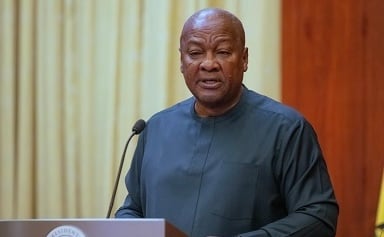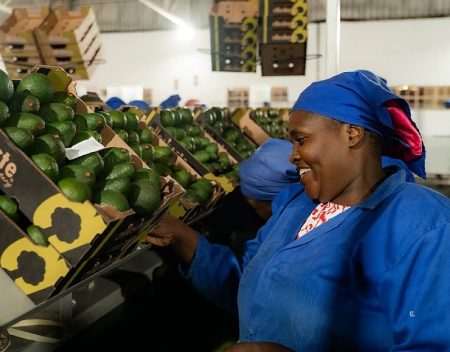Patricia Asiedua, known publicly as Nana Agradaa, a self-proclaimed evangelist, has been sentenced to 15 years in prison by Circuit Court 10 in a landmark case that underscores the growing concern over fraudulent religious activities. Agradaa’s conviction stems from a money-doubling scheme she promoted through a televised advertisement, promising to multiply the money of those who attended her all-night church service. This deceitful advertisement, coupled with her claims of supernatural powers, lured numerous individuals into her trap, resulting in significant financial losses for many victims. The court, presided over by Her Honour Evelyn Asamoah, found Agradaa guilty on two counts of defrauding by false pretenses, handing down a 15-year sentence to run concurrently. Additionally, she was fined GH¢300 for engaging in charlatanic advertisement, with a further 30-day custodial sentence should she fail to pay the fine. This sentencing concludes a nearly three-year legal battle that began with Agradaa’s arrest in 2022.
The prosecution, led by ASP Emmanuel Haligah, successfully argued that Agradaa’s actions were premeditated and part of a calculated scheme to exploit vulnerable individuals seeking financial relief. He emphasized the increasing prevalence of such fraudulent advertisements on television and radio, stressing the need for a strong deterrent. Haligah refuted the defense’s claims of Agradaa’s remorse, portraying her actions not as a religious practice but as a deliberate deception driven by personal gain. He also highlighted Agradaa’s previous conviction in 2021 for operating an unlicensed television station and broadcasting misleading religious content, effectively dismantling the defense’s portrayal of her as a first-time offender. This prior conviction played a crucial role in solidifying the prosecution’s case, demonstrating a pattern of deceptive behavior.
Agradaa’s defense attorney, Richard Asare Baffour, made a passionate plea for leniency, emphasizing Agradaa’s role as a mother of five children, including a 24-year-old aspiring lawyer and a three-year-old toddler. He argued that a custodial sentence would severely impact her children’s lives, particularly her youngest child and the law student daughter whose dreams could be shattered. Baffour also contended that Agradaa had shown remorse and cooperated fully with the court proceedings, distancing herself from her past as a spiritualist and embracing Christian evangelism. He further minimized the charlatanic advertisement charge, classifying it as a misdemeanor and suggesting a non-custodial sentence. Emphasizing her three-year involvement in the trial as punishment enough, he argued that this, coupled with her cooperation, warranted a lighter sentence.
However, the court remained unconvinced by the defense’s arguments. Her Honour Evelyn Asamoah, while acknowledging the emotional appeals for leniency, ultimately sided with the prosecution. She underscored the gravity of the offenses, highlighting the deliberate and premeditated nature of Agradaa’s actions and her lack of genuine remorse. Judge Asamoah emphasized that the sentence needed to reflect the seriousness of the crimes and serve as a deterrent to others contemplating similar fraudulent schemes. This decision signals a firm stance against religious exploitation and underscores the judiciary’s commitment to protecting vulnerable individuals from such predatory practices.
The Agradaa case serves as a cautionary tale, highlighting the dangers of misplaced trust and the vulnerability of individuals seeking quick financial solutions. It also underscores the responsibility of media outlets to scrutinize advertisements and prevent the dissemination of misleading and fraudulent information. The court’s decision sends a strong message that such deceptive practices will not be tolerated, and perpetrators will be held accountable for their actions. The 15-year sentence, while severe, reflects the magnitude of the harm caused by Agradaa’s fraudulent scheme and the court’s commitment to upholding justice and protecting the public.
This case also raises important questions about the regulation of religious activities and the need for increased vigilance against individuals who exploit religious beliefs for personal gain. The rise of self-proclaimed prophets and evangelists, coupled with the proliferation of unverified claims of supernatural powers, necessitates a more proactive approach to protect vulnerable individuals from falling prey to such schemes. The Agradaa case serves as a crucial precedent, reinforcing the importance of critical thinking, skepticism, and thorough investigation before placing trust in individuals promising miraculous solutions, especially in matters of finance and personal well-being. The court’s decision is a significant step towards curbing fraudulent religious practices and safeguarding the public from exploitation.














